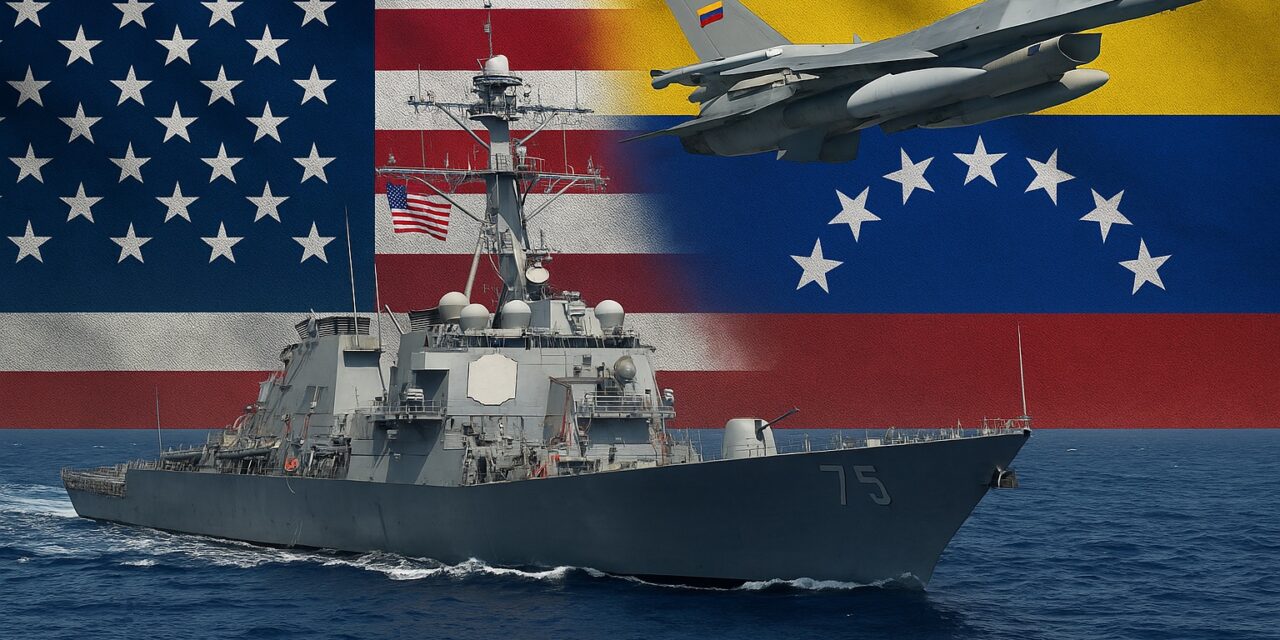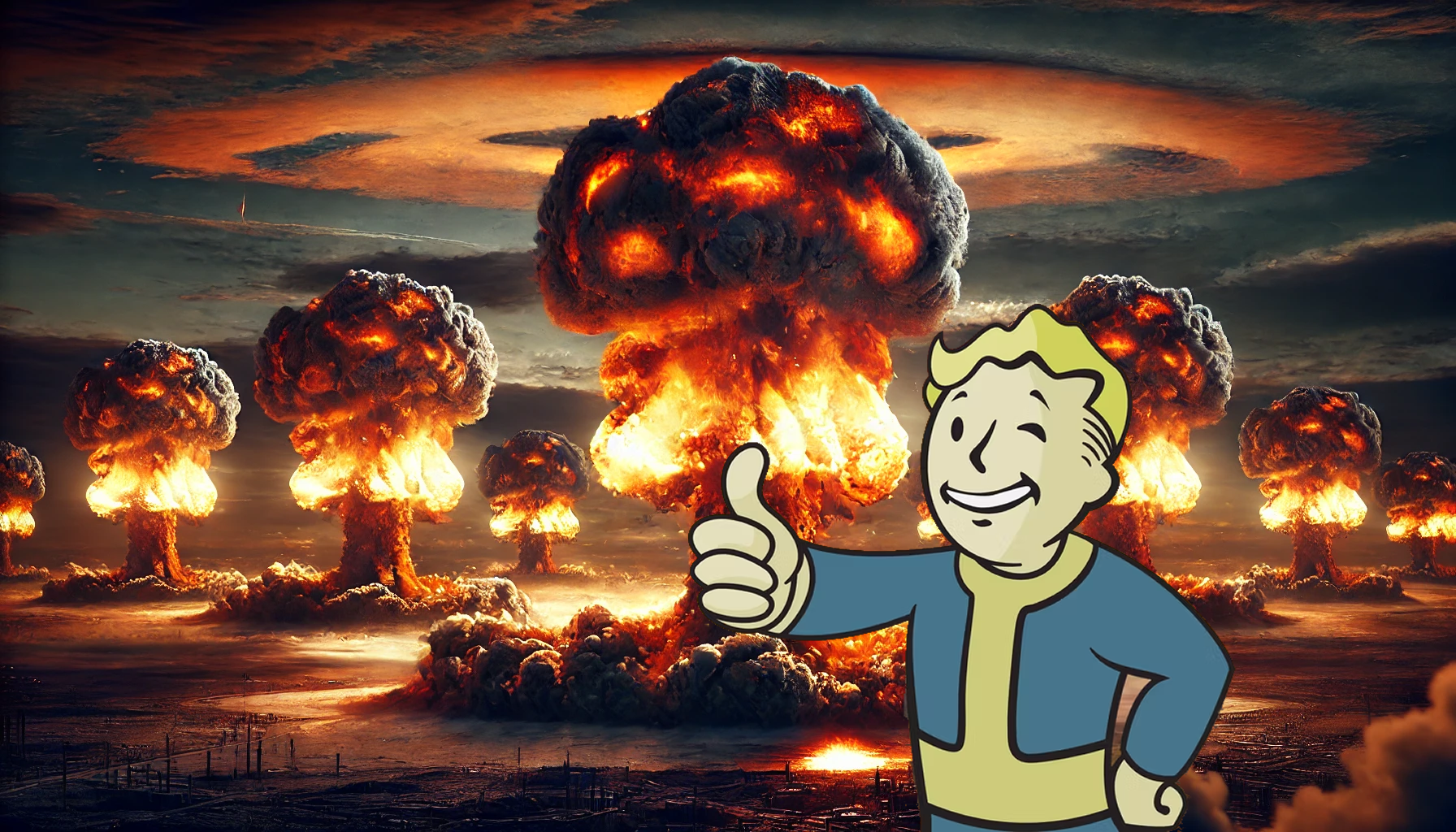TL;DR:
The US deployment of warships to Venezuela marks a major escalation in tensions, with American naval and air forces positioned near Venezuelan waters under the guise of counter-narcotics operations. Venezuelan military aircraft have buzzed US ships in highly provocative moves, prompting warnings from the DoD and President Trump. Fears of a proxy war, or even World War 3, are rising as both nations flex military power. Patriots should stay informed, prepare for instability, and demand constitutional oversight of military actions.
In the latest flashpoint between Washington and Caracas, the US Deployment of Warships to Venezuela signals more than a show of force—it’s a constitutional and strategic chess move that every patriot should scrutinize.
A Strategic Buildup in International Waters Near Venezuela
The Trump administration has dispatched multiple warships deployed near Venezuelan waters. Three Aegis-guided destroyers—the USS Gravely, USS Jason Dunham, and USS Sampson—are sailing in international waters near Venezuela. They’re joined by a nuclear submarine, additional warships, and several P‑8 surveillance aircraft, with some estimates suggesting over 4,000 sailors and Marines are involved.
This fleet supports a broader counter-narcotics and counter-terrorism mission—targeting Latin American cartels designated as narco-terrorist groups.
When Military Aircraft Flies Near US: Raising the Stakes
Tensions escalated when two Venezuelan military jets—likely F‑16 fighters—flew near US naval vessels, notably the USS Jason Dunham, in moves the Pentagon labeled highly provocative. The Defense Department warned that these jets were interfering with US DoD counter-narcotics operations.
Observers described the incident as a military game of chicken—with the aircraft entering weapons range of the US destroyer, though no shots were fired.
Deploying F‑35s: Turning Up the Heat
To bolster its posture, the US has sent 10 F‑35 stealth jets to Puerto Rico, adding airpower to the maritime presence. President Trump left no room for doubt—he warned Venezuela that dangerous maneuvers could result in jets being “shot down.”
These moves underscore how swiftly this scenario could spiral into a proxy war, or even a broader World War 3 flashpoint if not handled with strategic discipline.
Defensive Posturing—Or Step Toward Conflict?
From a patriotic standpoint, the US deployment of warships to Venezuela defends constitutional principles—especially when defending borders and combatting cartels tied to regional narcoterrorism.
Yet this highly visible military buildup might fuel the fire of escalation. President Maduro, citing sovereignty, activated militias across Venezuela and framed the US presence as a looming attempt at regime change.
We must question: where is the line between guarding liberty and heading into open hostility?
Practical Prep: What Patriots Should Do Now
- Stay informed: Follow credible assessments of legal authority for operations in international waters. Congress retains war powers, and unchecked DoD actions raise constitutional red flags.
- Support readiness: The US Navy and DoD conduct drills that ripple downstream. Ensure you’re prepared for instability—fuel, food, communication plans.
- Educate your community: Teach the Constitution’s war powers, the importance of civil oversight, and the dangers of unchecked executive military action.
- Raise your voice: Contact your Ambassador, congressional reps, or civic groups to demand clarity on mission objectives, rules of engagement, and legal constraints.
From Flashpoint to Fortitude
The US Deployment of Warships to Venezuela is more than modern power projection—it’s a crucible in which liberty and oversight are tested. Whether this ends as a firm defense or slides toward open conflict lies in the hands of patriots who demand transparency and constitutional integrity.
Keep your powder dry, your mind sharp, and your principles unwavering.
Liberty Awaits, Not by Chance, but by the Vigilance of an Armed Citizenry.





